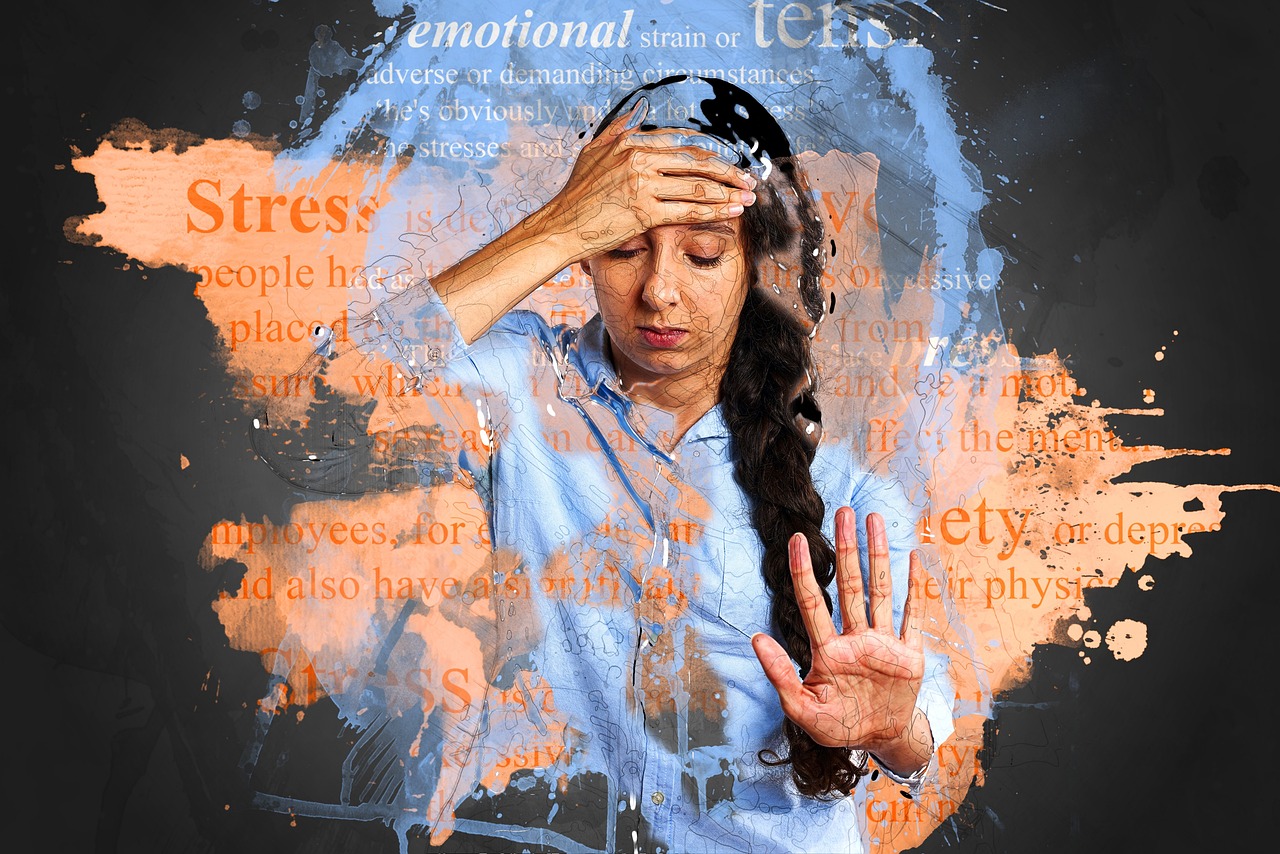
Anxiety: Understanding, Managing, and Finding Relief
Learn about anxiety, its causes, and symptoms. Discover effective strategies and techniques to manage anxiety and find relief. Explore self-care practices, therapy options, and lifestyle changes that can support your mental well-being. Empower yourself with knowledge and tools to navigate anxiety and live a more peaceful and fulfilling life.
Introduction:
Anxiety is a common and often overwhelming mental health condition that can significantly impact daily life. It manifests as excessive worry, fear, or unease about various aspects of life, including work, relationships, and health. If left unmanaged, anxiety can hinder personal growth and well-being. However, with understanding, support, and effective coping strategies, it is possible to manage and find relief from anxiety. In this article, we will explore anxiety, its causes, symptoms, and strategies to manage and alleviate its impact. Empower yourself with knowledge and tools to navigate anxiety and live a more peaceful and fulfilling life.
Outline Table:
| Heading |
|---|
| 1. Understanding Anxiety |
| 2. Types and Symptoms of Anxiety |
| 3. Causes and Triggers of Anxiety |
| 4. Effective Strategies for Managing Anxiety |
| 5. Self-Care Practices for Anxiety Relief |
| 6. Therapy Options for Anxiety Management |
| 7. Lifestyle Changes for Anxiety Reduction |
| 8. Anxiety FAQs |
| 9. Conclusion |
Understanding Anxiety:
Anxiety is a natural human response to perceived threats or stressors. However, when anxiety becomes chronic, intense, and interferes with daily functioning, it may indicate an anxiety disorder. It is crucial to differentiate between normal anxiety and an anxiety disorder to seek appropriate support and interventions.
Types and Symptoms of Anxiety:
Anxiety can manifest in various forms, including generalized anxiety disorder (GAD), panic disorder, social anxiety disorder, and specific phobias. Symptoms may include persistent worrying, restlessness, irritability, difficulty concentrating, racing thoughts, physical tension, and sleep disturbances. Understanding the different types and recognizing the symptoms can help in seeking the right treatment and support.
Causes and Triggers of Anxiety:
Anxiety can be caused by a combination of factors, including genetic predisposition, brain chemistry imbalances, past traumatic experiences, and environmental stressors. Certain life events, such as major transitions, work-related stress, or relationship issues, can also trigger or exacerbate anxiety symptoms. Identifying the underlying causes and triggers can be beneficial in developing personalized coping strategies.
Effective Strategies for Managing Anxiety:
Managing anxiety involves a multifaceted approach. Strategies such as deep breathing exercises, progressive muscle relaxation, cognitive-behavioral techniques, and grounding exercises can help reduce anxiety symptoms in the moment. Engaging in regular physical exercise, practicing mindfulness and meditation, maintaining a healthy lifestyle, and setting realistic goals can contribute to long-term anxiety management.
Self-Care Practices for Anxiety Relief:
Self-care plays a crucial role in managing anxiety. Prioritizing activities that promote relaxation, such as taking baths, engaging in hobbies, spending time in nature, and maintaining a healthy sleep routine, can help reduce anxiety levels. Nurturing social connections, practicing self-compassion, and engaging in stress-reducing activities can also provide relief from anxiety.
Therapy Options for Anxiety Management:
Therapy can be instrumental in addressing anxiety. Cognitive-behavioral therapy (CBT), exposure therapy, and acceptance and commitment therapy (ACT) are common approaches that help individuals identify and modify anxious thought patterns, develop coping skills, and face feared situations. Seeking support from a qualified mental health professional can provide guidance and support on the journey to anxiety management.
Lifestyle Changes for Anxiety Reduction:
Making certain lifestyle changes can significantly reduce anxiety levels. These may include incorporating regular exercise into your routine, adopting a balanced and nutritious diet, limiting caffeine and alcohol consumption, getting enough sleep, and practicing stress management techniques. Small adjustments in daily habits can have a positive impact on overall well-being and anxiety reduction.
Anxiety FAQs:
Q: Is anxiety a treatable condition? A: Yes, anxiety is a treatable condition. With the right support, interventions, and strategies, individuals can learn to manage anxiety and reduce its impact on daily life. Seeking help from mental health professionals, implementing coping techniques, and practicing self-care are essential steps towards finding relief.
Q: Can anxiety go away on its own? A: While some individuals may experience a reduction in anxiety symptoms over time, it is generally recommended to seek treatment if anxiety persists or significantly impairs daily functioning. Professional support can provide tools and techniques to manage anxiety effectively.
Q: Are medications necessary for anxiety management? A: Medication may be recommended for individuals with severe or chronic anxiety. However, medication is not always the first line of treatment and is often combined with therapy and lifestyle changes. It is essential to consult with a healthcare professional to determine the most appropriate approach for your specific situation.
Conclusion:
Anxiety can be a challenging and overwhelming condition, but it is important to remember that support and effective strategies are available to manage and find relief from anxiety symptoms. By understanding anxiety, seeking appropriate treatment options, practicing self-care, and implementing lifestyle changes, it is possible to navigate anxiety and live a more peaceful and fulfilling life. Embrace the power of knowledge, self-care, and professional support on your journey to anxiety management and well-being.
Watch & Learn
You are not alone. For more info about anxiety, visit https://www.nami.org/About-Mental-Illness/Mental-Health-Conditions/Anxiety-Disorders

